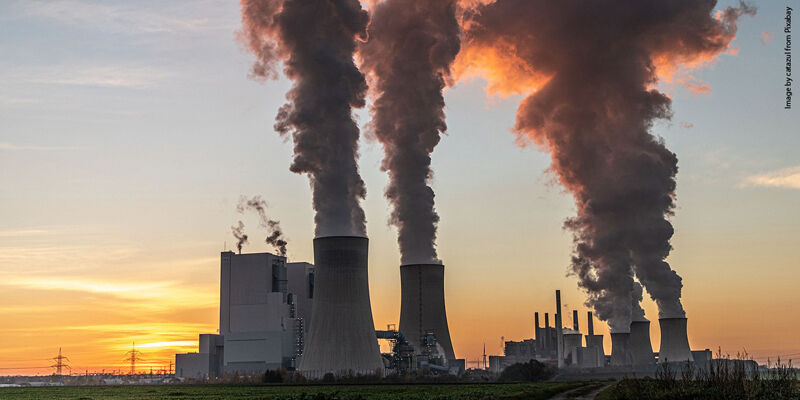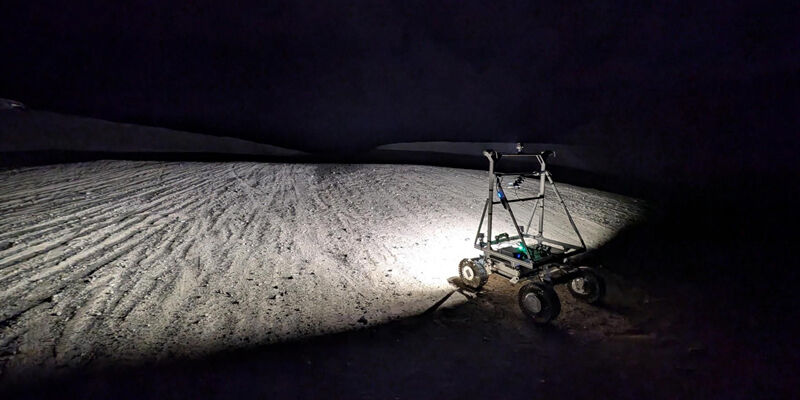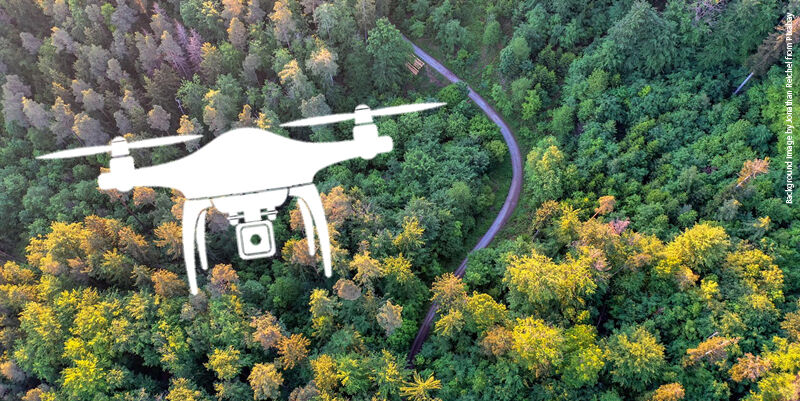Delegates from the 20 member states of the European Space Agency (ESA) and Canada met at the 'Mostra d’Oltremare' conference centre in Naples, Italy in late November. The start of the ESA presidency of Switzerland and Luxembourg was characterised by intensive and success-oriented negotiations. After two days of thorough discussions, the Council Meeting at Ministerial Level was successfully completed and the German positions on the future of the European Ariane launcher and utilisation of the International Space Station until 2020 were adopted. The basis for this agreement was joint Franco-German discussions. The delegations agreed the financing and contents of European space programmes for the coming years.
In total, space programmes worth around €10 billion have been decided upon. The German Federal Government will be responsible for a total of around 2.6 billion Euros over the next few years. This makes Germany the strongest contributor among the ESA partners, giving it the largest share of the overall programme.
After the conference, on 21 November, Johann-Dietrich Wörner, Chairman of the Executive Board of the German Aerospace Center (Deutsches Zentrum für Luft- und Raumfahrt; DLR) and a member of the German delegation said: "The European Space Agency has once again shown that it is capable of action even under difficult economic conditions and can lead European space activities in the future. With the decisions taken in Naples, the competitiveness of the European space sector for the coming years is assured. From the German point of view, the continuation of the Ariane 5ME (Mid-life Evolution) programme and the decision to continue utilisation of the International Space Station until 2020 – coupled with the development of a European service module for the future US Orion spacecraft – are the most important results. Germany is very well positioned in weather and climate monitoring, disaster prediction and security matters, and also retains the lead in scientific remote sensing."
Europe's autonomous access to space preserved
A joint proposal by Germany and France, which has now been adopted by the Council, resolved that the development of the Ariane 5 ME version in parallel to the start of a programme for the development of Ariane 6, will preserve Europe's successful position in the global launch vehicle market. Germany and France are equally involved in the Ariane 5ME programme. With the development of the Ariane 5ME upper stage, existing German space transportation expertise will be maintained and enhanced.
The International Space Station until 2020
Looking to the International Space Station, Germany is fulfilling its commitment. The ISS programme is a fundamental component of the German space strategy. Germany contributes 537 million euros to the operation of the Space Station; with 40.37 percent of the total contributions, it is the most important partner. An agreement could be reached via what is known as the Barter Element, used to compensate for the ISS operation costs incurred by Europe as of 2020. This occurs through the delivery of a service module based on ATV technology for the future US Orion spacecraft.
With the control centre for the European Columbus space laboratory at DLR in Oberpfaffenhofen and the European Astronaut Center (EAC) on the premises of DLR in Cologne, important facilities are located in Germany.
Remote sensing
Of central importance for Germany and Europe is remote sensing. Germany leads with 37 percent of the joint Global Monitoring for Environment and Security (GMES) initiative between the ESA and the European Union (EU).
In particular, Germany also holds 27 percent of the second generation of MetOp weather satellites. This should make weather forecasts and climate research more precise as of 2020. Weather forecasts will then be possible for a period of up to nine days. Germany will assume leadership positions in the industrial consortium, building up its expertise in key space-based technologies. DLR will manage the national provision of instruments for the new MetOp satellites, including the METimage instrument, designed and built by Jena-Optronic GmbH. METimage will map Earth's surface in the optical and infrared spectrum and will, among other things, detect the physical state of clouds to measure the distribution of water vapour in the atmosphere and detect forest and other fires.
Science programme
By 2017, ESA member states will have invested around 3.8 billion euros in the science programme. Contributing 19.8 percent of the total, Germany is the largest contributor and an essential partner of the long-term 'Cosmic Vision 2015-2025' programme. ESA has planned seven space and planetary exploration missions by 2022, including the astrometry mission Gaia (scheduled for 2013), the technology mission LISA Pathfinder (2014) and, in cooperation with the Japan Aerospace Exploration Agency, the Mercury mission BepiColombo (2015). In 2018, and in cooperation with NASA, the James Webb Space Telescope will search for light from the first stars and galaxies formed after the Big Bang.
Satellite telecommunications
Satellite telecommunications have a special meaning, commercially and strategically, for Germany. With its involvement in the ARTES programme, Germany also has a leading role here. Germany will continue to pursue this course with Elektra, a communications satellite fully powered by electric propulsion systems. Germany’s contribution to this project amounts to 45 percent.
The negotiations on behalf of the German government were carried out by Peter Hintze, Parliamentary State Secretary in the Federal Ministry of Economics and Technology (Bundesministeriums für Wirtschaft und Technologie; BMWi). At the ESA Council at Ministerial Level, he was supported by the German delegation, chaired by Johann-Dietrich Wörner, Chairman of the German Aerospace Center (DLR), Gerd Gruppe, Executive Board Member responsible for the DLR Space Administration, and Rolf Densing, DLR Director of Space Programmes.
Pictured above: The leaders of the German delegation at the Mostra d'Oltremare conference centre in Naples before the start of the ESA Council at Ministerial Level on 20 November 2012 (from left): Johann-Dietrich Wörner, Chairman of the DLR Executive Board and Head of the delegation at council level, Peter Hintze, Parliamentary State Secretary in the Federal Ministry of Economics and Technology and head of the delegation at the ministerial level, and Rolf Densing, DLR Director of Space Programmes. (Photo: DLR/Thilo Kranz (CC-BY 3.0). Source: German Aerospace Centre (DLR) (www.dlr.de)Subscribe to our newsletter
Stay updated on the latest technology, innovation product arrivals and exciting offers to your inbox.
Newsletter

